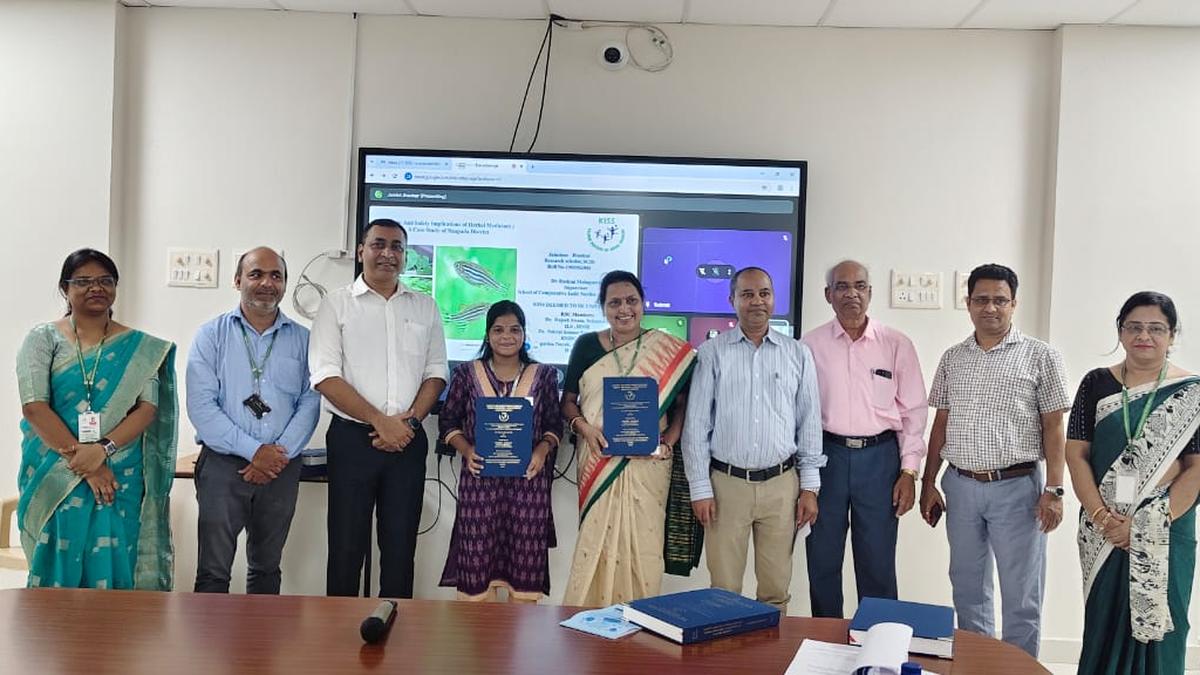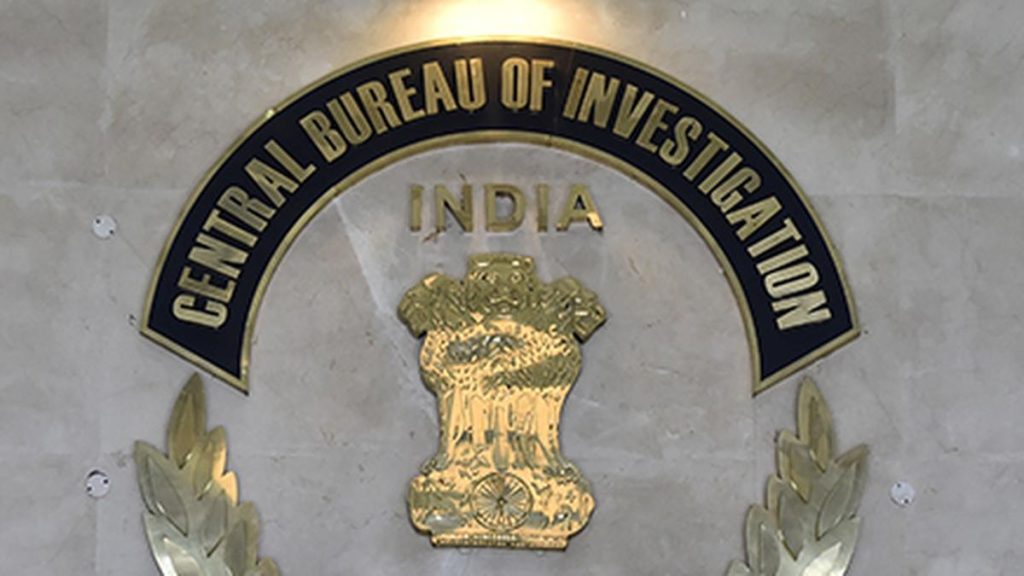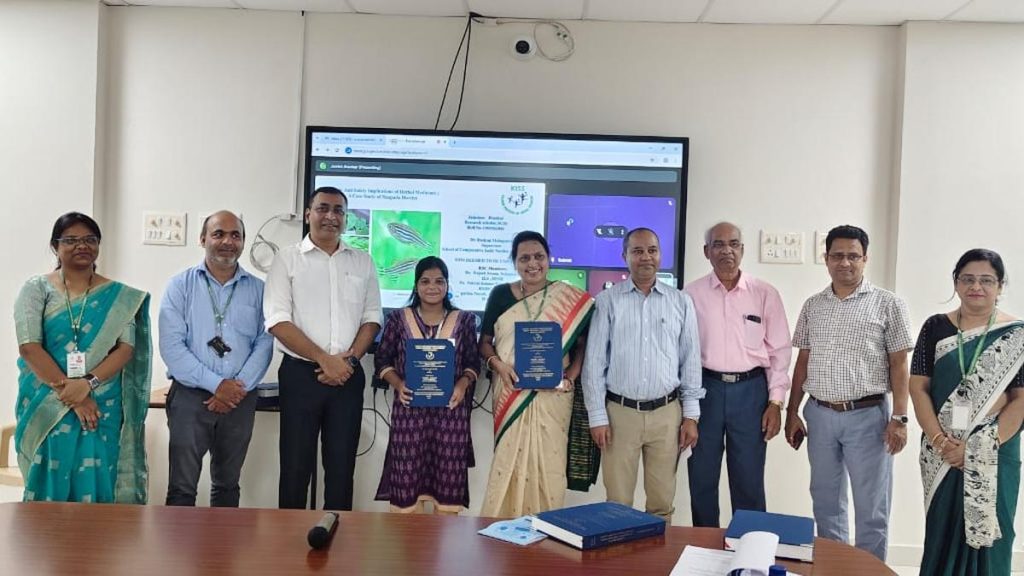Now Reading: Odisha’s First Chuktia Bhunjia Woman Earns PhD, Making History
-
01
Odisha’s First Chuktia Bhunjia Woman Earns PhD, Making History
Odisha’s First Chuktia Bhunjia Woman Earns PhD, Making History

Quick Summary
- Jaiminee jhankar, a young woman from the Chuktia Bhunjia tribe in odisha, has become the first girl from her community to earn a doctoral degree.
- The Chuktia Bhunjia tribe is classified as a Particularly Vulnerable Tribal Group (PVTG) and historically faces gender-based discrimination.
- Her PhD thesis, titled “Toxicity And Safety implications of Herbal Medicines: A Case Study of Nuapada District,” investigated potential harmful effects of commonly used herbal medicines using zebrafish embryos as test subjects.
- Findings revealed developmental problems in zebrafish embryos caused by extracts from three herbs: Tinospora cordifolia, Cymbopogon citratus, and Gymnema sylvestre. The research emphasizes the importance of further studies into herbal medicine safety.
- Hailing from Sunabeda Sanctuary-a region with recent road connectivity-Ms. Jhankar overcame considerable socio-geographical barriers to achieve this milestone within five years under KISS University guidance.
- Ms. Jhankar’s upbringing was marked by the defiance of tribal norms by her parents; her family faced social boycotts when her mother broke clothing taboos.
- She is credited as breaking multiple barriers for tribal women’s education and equality through this achievement while highlighting that deeply rooted discriminatory customs still persist.
Indian Opinion Analysis
Jaiminee Jhankar’s trailblazing academic achievement signifies progress against entrenched systemic inequities faced by India’s marginalized communities-especially women in PVTGs like the Chuktia Bhunjias. Her journey underscores how access to education can empower individuals despite geographic isolation and deep-seated cultural resistance to change.
Her findings on herbal medicine toxicity address an essential intersection between indigenous knowledge systems and modern scientific rigor-raising critical questions about traditional remedies’ unchecked adoption without rigorous validation processes.
The broader implications for India lie at two levels: ensuring more targeted support for marginalized girls’ education and utilizing traditional practices responsibly through evidence-based research while respecting cultural heritage. It serves as both an inspiration for aspirational young Indians facing similar constraints and a reminder that long-term systemic changes are needed to break cycles of inequality fully.
Read more: Source

























